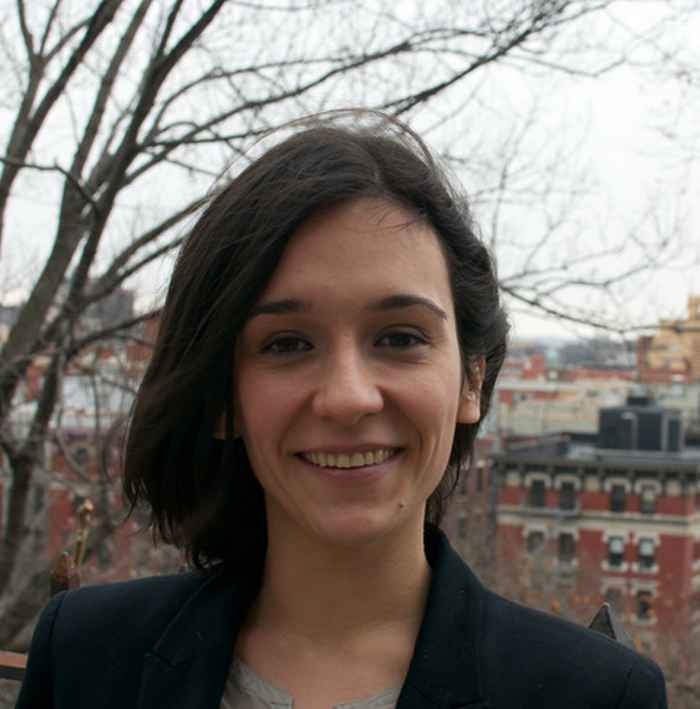'I want to make sure my students will be successful professionals'

Understanding people’s behaviour
‘It has been a journey for me. I have a bachelor’s degree in civil engineering. I also worked as an engineer for a while and really liked it. I explored a lot of topics relevant for environmental and natural resource economics from an engineering point of view. I soon felt the need to move beyond these purely technical approaches.
Discovering economics
I was interested in understanding the social aspects behind the issues I was working in and was lucky enough to get a scholarship to the University of California, Berkeley, where I obtained my master's in City Planning . That was the moment I discovered economics. I fell in love with the field because it provided the quantitative rigour I enjoyed as an engineer. But rather than responding to merely technical issues, I could also use it to understand how people make decisions. And that was exactly what I wanted to do.’
PhD in Sustainable development
‘I continued my studies by pursuing a PhD. I decided to do it in the sustainable development program at Columbia University in New York. This programme combined a very rigorous economics training with natural sciences. The combination of economics and natural sciences is still what drives my research and teaching. My background as an engineer also contributes to this. It helps me to keep a fresh perspective on the real world.’

What can the students expect from me as a lecturer? Lessons with a clear structure and course materials that capture your interest. I always strive to make the subject matter understandable for everyone. I integrate new papers, current events and new research in my lectures.
Research on environmental shocks or policies
‘I am currently doing research in several areas. Overall, my research tries to understand how environmental shocks or environmental policies may affect different socioeconomic groups. One research project investigates how a large flood affected the northeast coast of the US. I found out that the flood made some property prices go down, but up in other places, specifically those where higher income residents lived. In another project, I’m working with researchers from a big think tank in the environmental economics sector. We’re investigating the distributional impacts of new technologies, specifically, the effects of deploying a technology called carbon capture and sequestration in power plants. This is a technology designed to capture CO2 before it is released to the atmosphere. But it doesn’t necessarily capture other damaging pollutants.’
Changing students’ lives
‘In addition to my research career, I’m a lecturer in the Environmental Economics master track in. I love to teach. With teaching, you know that you make a difference in the students’ lives. And it’s very rewarding to see the excitement of the students when we discuss a topic. What can the students expect from me as a lecturer? Lessons with a clear structure and course materials that capture your interest. I always strive to make the subject matter understandable for everyone and will integrate new papers, current events and new research in my lectures. I also organise some guest lectures for students who are writing their thesis. I want to make sure my students will be successful professionals. Economics can help them understand many of the issues we see in the field of natural resource and environment and beyond.’
My advice: connect with your peers
‘My advice to new students is to always do what you enjoy and to make the most out of your classes, professors and peers. Know that you can also learn a lot from your peers. More than you might think. As you advance in your career, you will come across your peers in different jobs. Having strong relationships will be beneficial in the future. So, connect with your peers and make the most of the resources, such as workshops, talks, etcetera that the university offers you.’
Travelling around the world
‘What I love to do in my spare time? I like to go on playdates with my 5-year-old son and to watch him grow and explore things for the first time, seeing the world through his eyes. I also really enjoy travelling around the world. What’s on my bucket list you ask? For now I am planning to further discover Northern Europe. So, if you have any tips, let me know!’